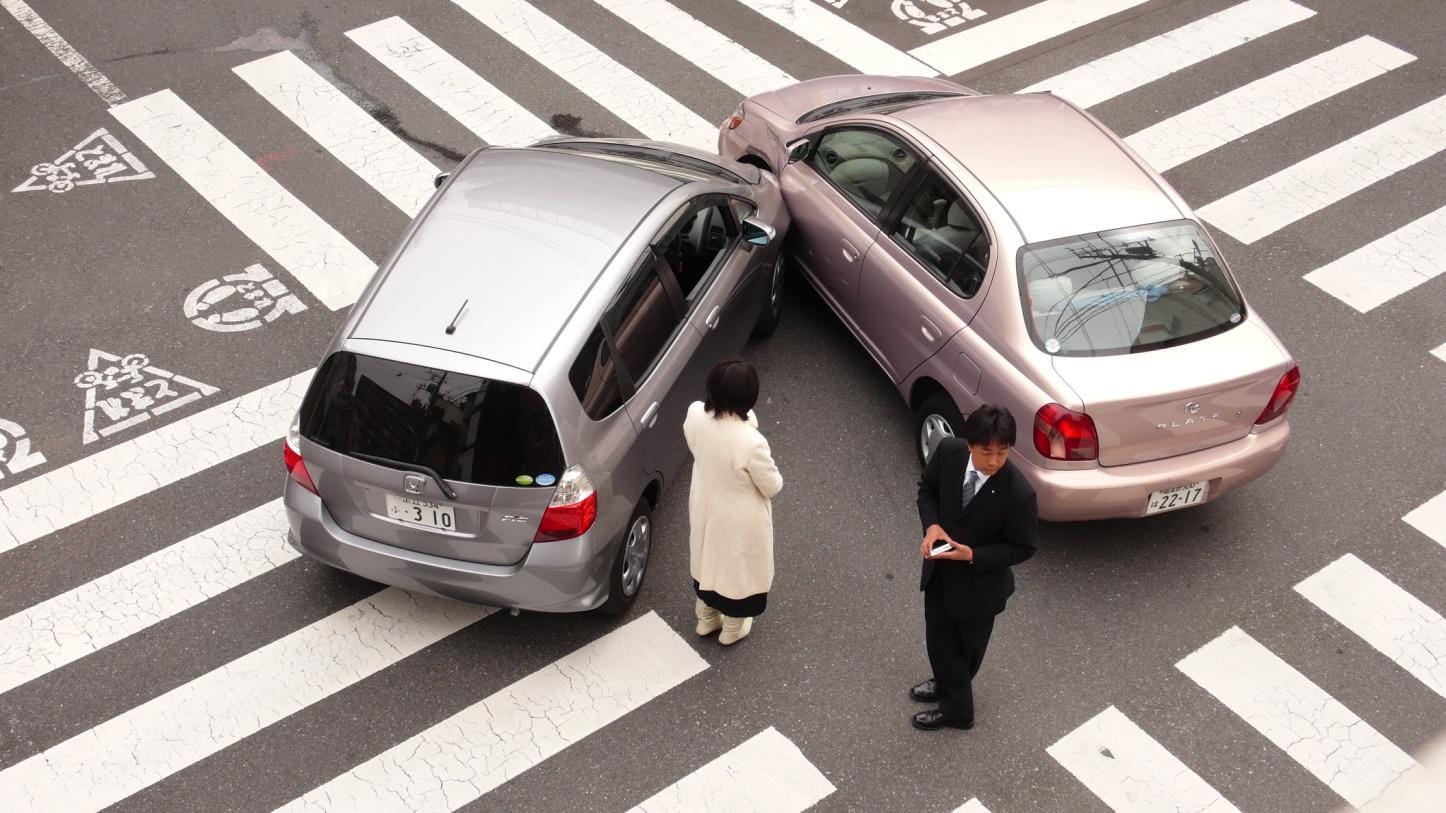June 16 was an unfortunate day for the Las Vegas residents as on Friday morning at around 5 a.m., a series of car crashes occurred across the Las Vegas Valley due to heavy rainfall. According to reports, around 11 people were injured. However, there were no casualties.
Every year hundreds of car accidents take place in the Las Vegas area due to bad weather. These accidents cause catastrophic injury to drivers and passengers and cause significant damage to properties.
Moreover, these accidents raise another concern for the Las Vegas residents and insurance companies since it can be difficult to pinpoint who to blame, impacting liability and compensation. We turned to an experienced Las Vegas car accident attorney to help us understand how bad weather impacts car accidents, liability, and compensation.
How Courts and Insurance Providers Determine Liability in Car Accidents Occurring Due to Bad Weather?
It can be challenging for courts and insurance providers to establish liability when a car accident occurs due to bad weather. They are usually puzzled by two questions. Did the accident occur due to the driver’s negligence? or did the accident occur despite the driver’s efforts to maintain precautions? In such situations, courts and insurance providers are left with one choice: to evaluate several factors to determine liability and compensation.
Factors for Determining Liability and Compensation
Although factors can vary from case to case, below are some potential factors that Las Vegas car accident attorneys, insurance providers, and courts might consider when determining liability and compensation due to bad weather:
Weather Conditions
One of the top factors that play a critical role in determining liability is to consider the weather condition when the accident occurred. Bad weather conditions like heavy rainfall, snow, smog, or strong winds can all impact a driver’s visibility when on the road and lead to catastrophic accidents. Furthermore, snow and rainfall can make roads slippery and impact vehicle traction, causing cars to skid.
Condition of the Road
Apart from the weather, the condition of the road on which the accident occurred is another determinant in evaluating liability. In cases where the road was poorly maintained and showed visible signs of neglect like icy patches, potholes, standing water, or poor drainage, the liability can be given to local authorities or governments responsible for road maintenance.
Drivers Behavior
When two drivers are involved in a road accident, the court considers both drivers’ behavior before the accident as a major determinant in evaluating liability. To do so, they seek evidence from eyewitnesses and surveillance footage. Eye witness statements can offer valuable insight into how the events of the accident unfolded and help uncover the truth about who was responsible for the accident.
When reviewing surveillance footage or interviewing eyewitnesses, attorneys look for evidence of whether the drivers maintained precaution on the road, followed traffic rules and reduced speed, or were driving recklessly and caused the accident due to neglect of preventive measures. Certain behaviors that would lead to a driver being held responsible for a car accident in bad weather conditions include:
- Poor maneuvering
- Not keeping a safe distance from cars
- Speeding
- Damaged or poorly maintained tires
- Distracted driving (using cell phones, eating, texting using the navigation or music system while driving)
- Ineffective brakes
- Damaged headlights or not using headlights
- Drinking and driving
Driving Responsibly in Bad Weather Conditions
As a vehicle owner, you must follow defensive driving techniques in bad weather and exercise precautions to avoid unfortunate accidents. There are several best practices you can follow to ensure you are driving responsibly in bad weather, including:
- Drive slowly: When driving in bad weather conditions, driving at a slower speed than usual can significantly help you reduce your likelihood of getting into an accident. Driving slowly can help you avoid accidents due to slippery roads and prevent you from losing control of your vehicle.
- Keep a distance between yourself and other cars: Keeping a safe distance from vehicles during bad weather conditions is another great strategy to avoid accidents. This precautionary measure can keep you from crashing into other vehicles if you lose control of your car.
- Stay home in extreme weather conditions: Sometimes, the best preventative measure against car accidents due to bad weather is to stay home in extreme weather conditions. If you are leaving your home to do something that can be done later, it is best to let the storm pass than risk your life.
Contact a Las Vegas Car Accident Lawyer at Bourassa Law Group
Have you been in an unfortunate car accident due to weather conditions and feel clueless about what to do next? You don’t have to deal with court visits and insurance providers alone. Contact our professional Las Vegas car accident lawyer at Bourassa Law Group to help you get the compensation you deserve. Dial (800) 870-8910 to get a free consultation today.





